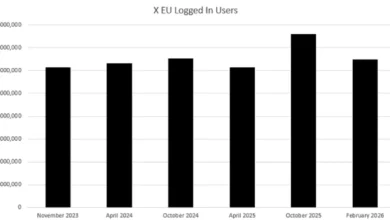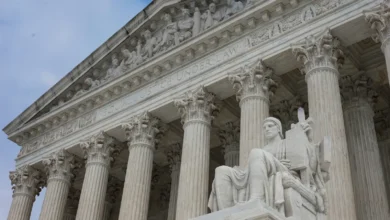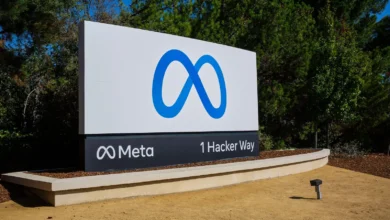X Opposes Turkish Removal Requests, but Will Comply

X has shown once again that it’s taking a variable approach to censorship orders from different governments, which could relate, seemingly, to their relative impact on Elon Musk’s other businesses.
Today, X has stated that it objects to a new request from Turkish authorities to block a news organization in the region, an order which it’s planning to fight in court.
We object to a decision from the Turkish Information and Communication Technologies Authority to block a news organization within Türkiye. Providing a platform committed to defending everyone’s right to free speech is paramount at X, and we believe this decision from the Turkish…
— Global Government Affairs (@GlobalAffairs) October 15, 2024
Which is a different approach to what X recently took in Brazil, where it outright refused to comply with the Brazilian government’s orders to censor certain accounts. That led to X being banned in the nation for a month, and prompted a torrent of abusive and accusative posts from Musk himself, criticizing everyone from the chief justice in the nation to Brazilian leadership.
Yet, X is still actioning the Turkish government’s request, despite its stated opposition, and Musk isn’t criticizing Turkish officials for essentially the exact same thing.
So why the difference in approach?
Well, as noted, a lot seems to depend on Musk’s previous dealings and relationships with each government, and how they impact his broader business interests.
Brazil, for example, has refused to give Musk favorable deals on lithium, which Tesla needs for its cars, and as such, Musk is not particularly happy with the Brazilian government. Which could be influencing how he approaches requests from them, and why he’s seeking to sow discontent among Brazilian voters.
In Turkey however, Musk seemingly has a good relationship Turkish President Tayyip Erdogan, who just last year asked Musk to build a new Tesla factory in Turkey, and noted that he’s open to deals on AI and Starlink projects.
Turkish authorities have repeatedly requested that X remove many posts and accounts belonging to Kurdish politicians, journalists and others, on the grounds that they’re distributing “terrorist propaganda,” though speculation has been that the Turkish government is trying to control certain narratives, and silence opposition on various fronts. X seemingly agrees that the Turkish government’s going beyond the bounds of the law in this respect, yet Musk isn’t attacking Erdogan in the same way he went after Brazilian regulators on the same grounds.
Indeed, X has continually actioned these requests despite voicing its opposition, even blocking some posts on the eve of Turkey’s election last year.
In response to legal process and to ensure Twitter remains available to the people of Turkey, we have taken action to restrict access to some content in Turkey today.
— Global Government Affairs (@GlobalAffairs) May 13, 2023
So again, X is willing to oppose some orders based on its free speech principles, if X believes that such requests break the law in that region, but it’s less likely to take a stand in some places than others, and to oppose requests from some authorities.
It’s not entirely clear why X is picking and choosing its battles in this respect, and the suggestion that it could relate to Musk’s other businesses is speculative. But it does seem to align, especially with X also actioning similar requests from German authorities, where Tesla’s main EU factory is based, and the Indian government, where both Tesla and Starlink are looking to get in.
Essentially, the Turkish situation is exactly the same as the one in Brazil, with X opposed to removal requests that it claims go beyond local laws. Yet in Brazil, X used it as an opportunity to make an example of the Brazilian government, and perceived corruption in its ranks.
X is not making the same stance in Turkey, which highlights its varying approach on this front.




